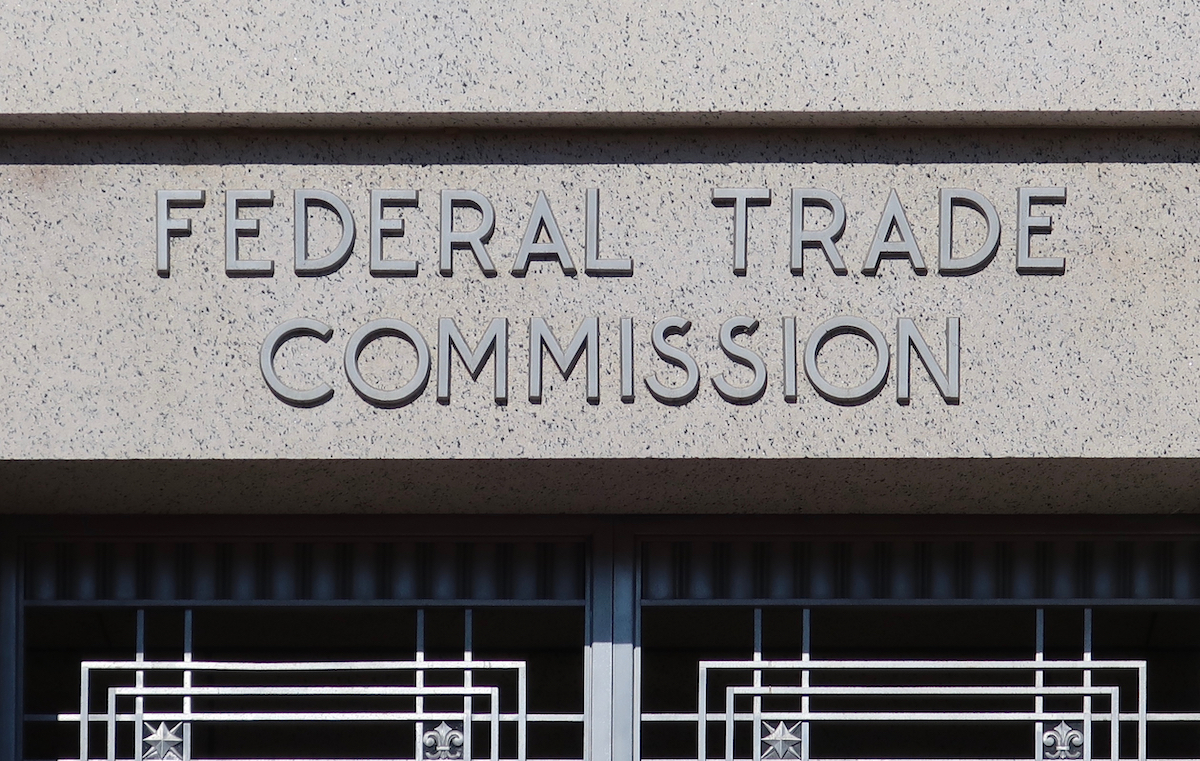
The U.S. Federal Trade Commission (FTC) initiated a significant legal battle on Monday, seeking to prevent Kroger’s proposed $25 billion acquisition of Albertsons. According to Reuters, the FTC contends that the merger would stifle competition among major grocery chains, potentially leading to higher prices for consumers and reduced leverage for unionized workers.
In opening statements delivered before U.S. District Judge Adrienne Nelson, FTC Chief Trial Counsel Susan Musser argued that the merger would allow Kroger to effectively “swallow” Albertsons. Musser emphasized that blocking the deal would preserve competitive market conditions, which are crucial for keeping grocery prices in check and fostering innovation in the industry. Per Reuters, Musser’s comments highlighted concerns that the merger would diminish competition, potentially leading to higher consumer costs.
Judge Nelson is deliberating whether to place a temporary hold on the merger while an FTC in-house judge assesses its competitive impact. Such reviews are notoriously lengthy, with many companies opting to abandon deals rather than endure protracted legal processes.
Kroger and Albertsons are poised to present their arguments for the merger, asserting that the consolidation is essential to compete against larger multinational corporations such as Walmart, Costco and Amazon, which owns Whole Foods. According to Reuters, Kim Cordova, president of a United Food and Commercial Workers International Union local, voiced skepticism regarding this defense at a press conference, questioning the companies’ claims about enhancing competition.
Related: US Unions Talk Out Against The Albertsons-Kroger Merger
The case is a notable element of the Biden administration’s broader efforts to address rising consumer prices, coinciding with the ongoing presidential race between Democratic Vice President Kamala Harris and Republican former President Donald Trump. Additionally, it represents a critical test of FTC Chair Lina Khan’s strategy to leverage antitrust regulations to improve worker wages and job mobility.
The trial, anticipated to last about three weeks, will delve into the dynamics of pricing and competition within the grocery sector. Kroger and Albertsons argue that the focus on traditional supermarkets overlooks the competitive landscape that includes big-box retailers like Target and dollar stores such as Dollar Tree.
Kroger has committed to selling 579 of its approximately 5,000 stores if the merger proceeds, with part of the trial addressing whether C&S Wholesale Grocers, the prospective buyer, can effectively operate these locations. The retailer also promised to reduce grocery prices by $1 billion post-merger, though specific details on how these reductions will be implemented remain scarce. A source familiar with the matter indicated that initial price cuts would likely target essential and high-demand items rather than less popular products.
Alongside the FTC, several states, including Arizona, California, Illinois, Maryland, Nevada, New Mexico, Oregon, Wyoming and the District of Columbia, are pursuing legal action against the merger. Washington and Colorado have also filed their own lawsuits, which are scheduled to go to trial following the Oregon case, according to Reuters.
Source: Reuters
Featured News
Musk’s X Requests Brazil Supreme Court to Resume Service After Shutdown
Sep 26, 2024 by
CPI
Visa Acquires AI Firm Featurespace to Enhance Fraud Prevention
Sep 26, 2024 by
CPI
Visa Gears Up for Legal Fight with DOJ Over Debit Card Monopoly Allegations
Sep 26, 2024 by
CPI
UFC Fighters’ Lawsuit Settlement Resurfaces with $375 Million Offer
Sep 26, 2024 by
CPI
Ex-Amazon Seller Appario Files Lawsuit to Dismiss Antitrust Allegations
Sep 26, 2024 by
CPI
Antitrust Mix by CPI
Antitrust Chronicle® – Canada & Mexico
Sep 3, 2024 by
CPI
Competitive Convergence: Mexico’s 30-Year Quest for Antitrust Parity with its Northern Neighbor
Sep 3, 2024 by
Francisco Javier Núñez Melgoza
Competition and Digital Markets in North America: A Comparative Study of Antitrust Investigations in Mexico and the United States
Sep 3, 2024 by
Julio Garcia
Recent Antitrust Development in Mexico: COFECE’s Preliminary Report on Amazon and Mercado Libre
Sep 3, 2024 by
Alejandra Palacios Prieto
The Cost of Making COFECE Disappear
Sep 3, 2024 by
Mateo Fernández